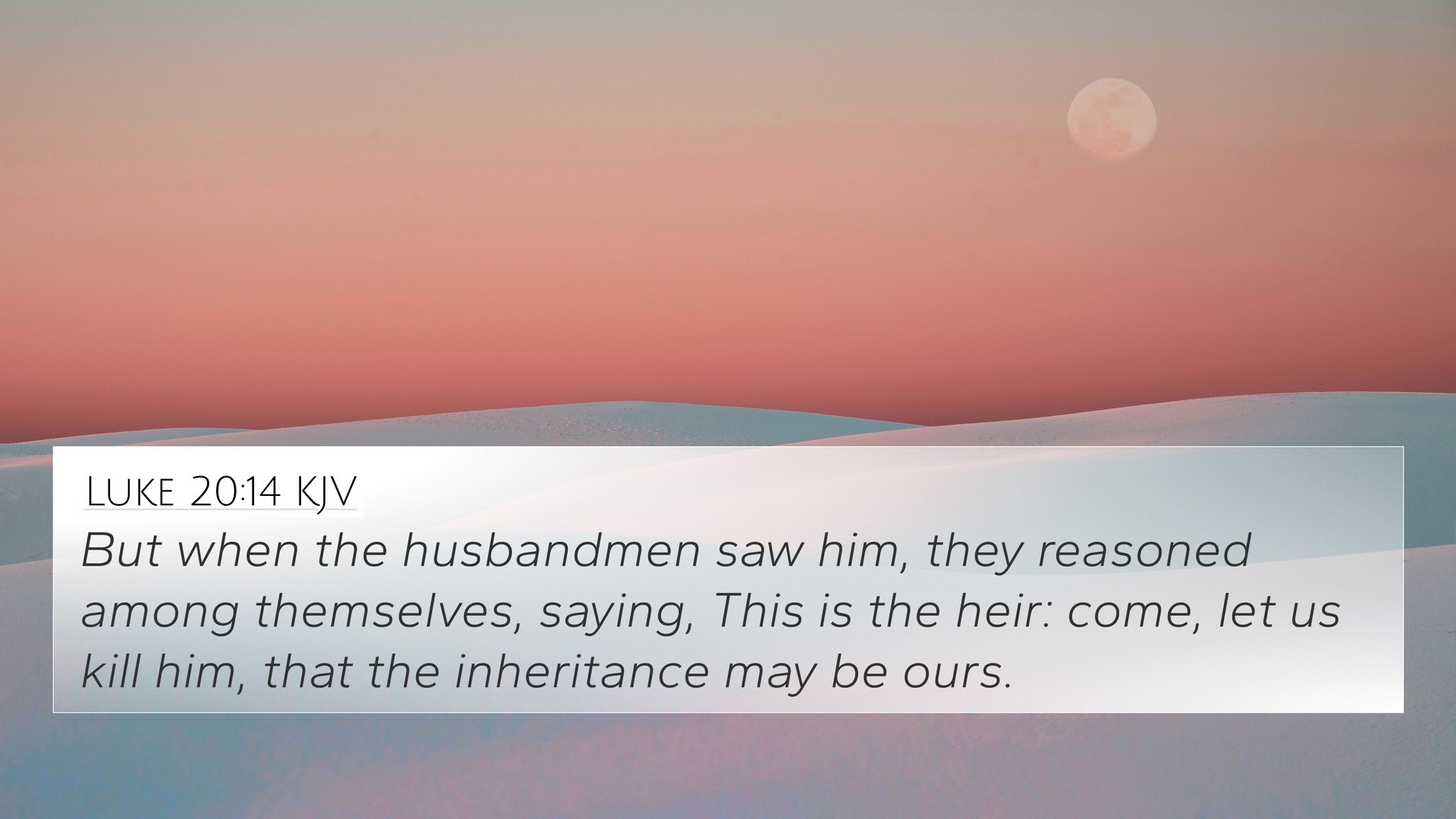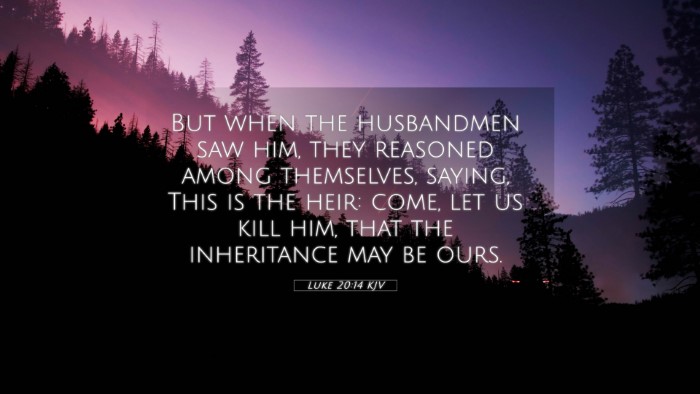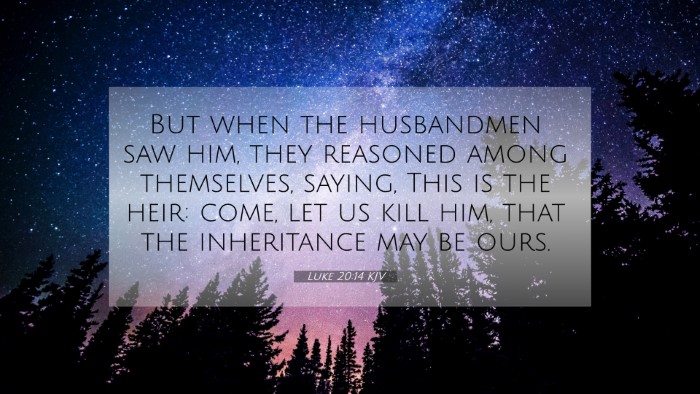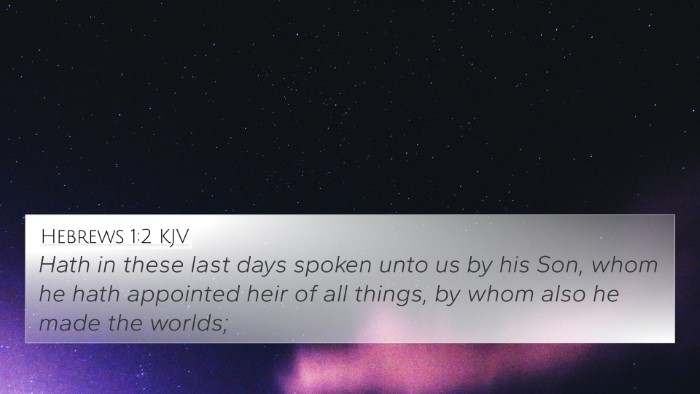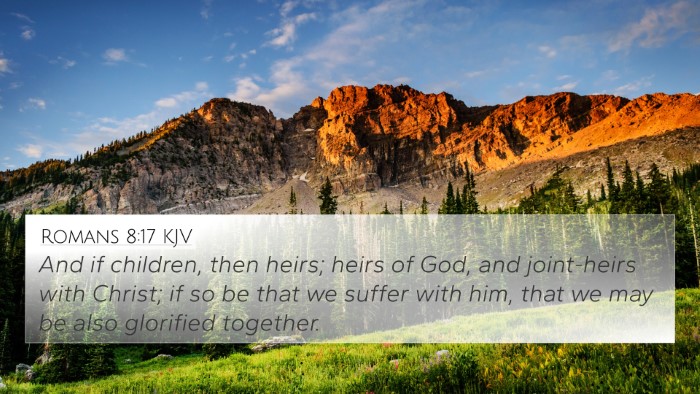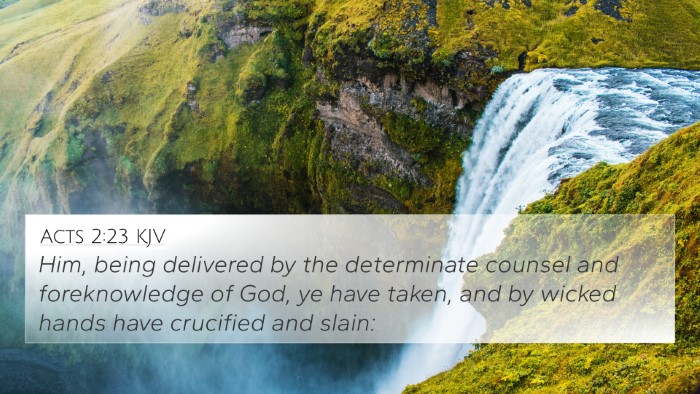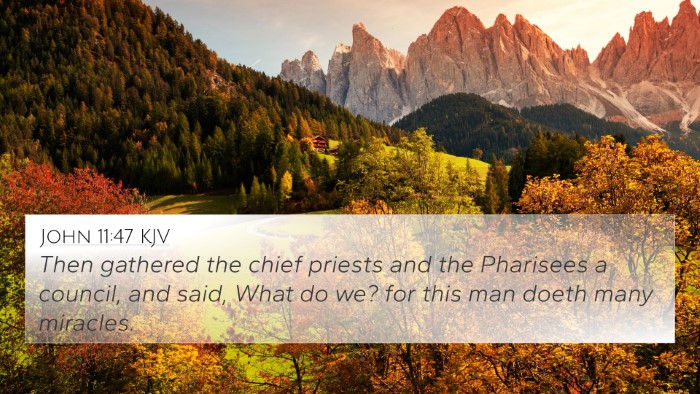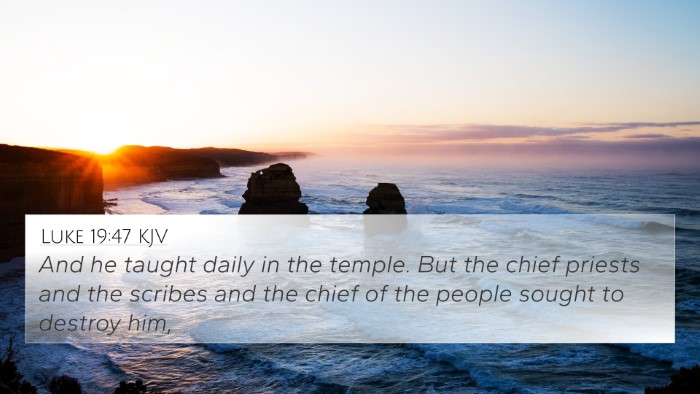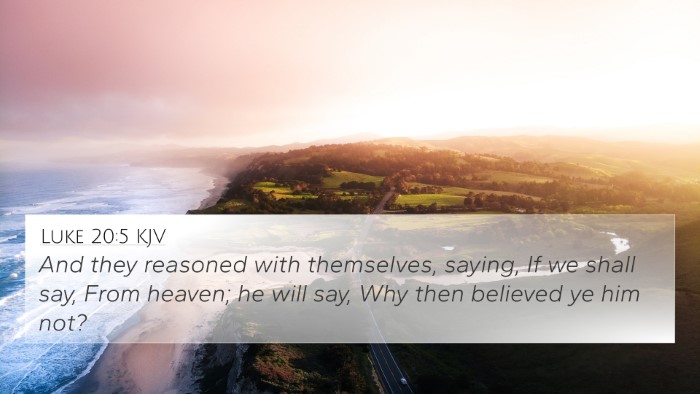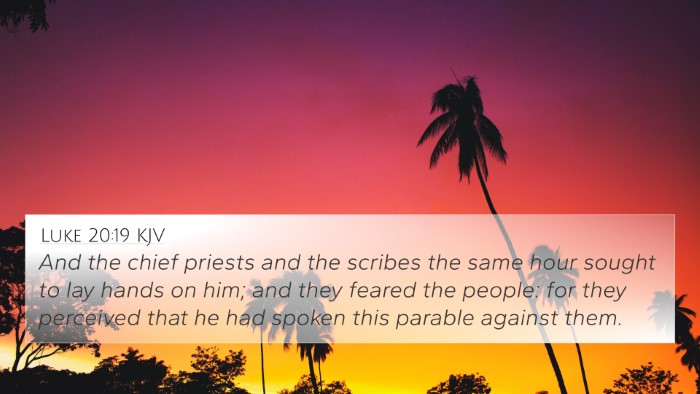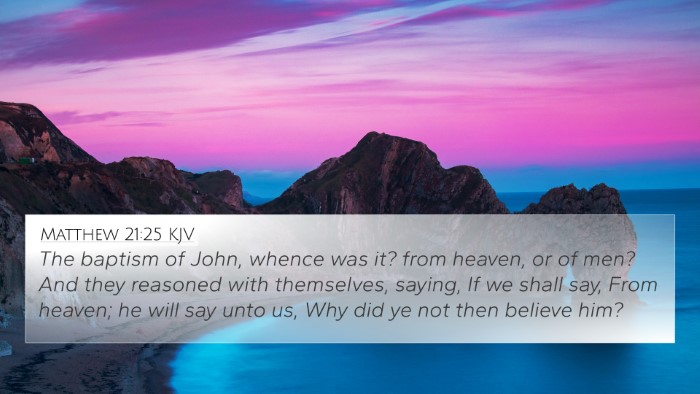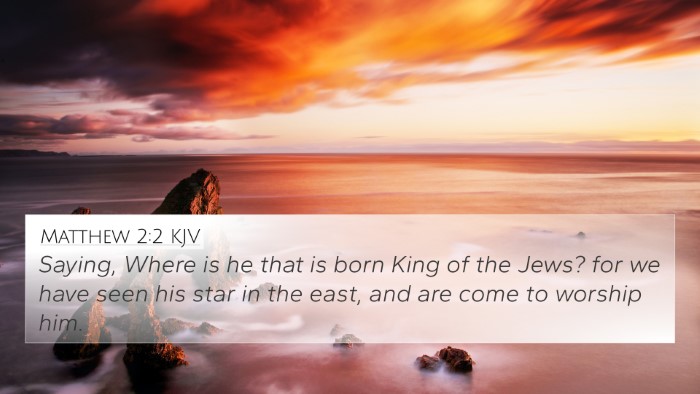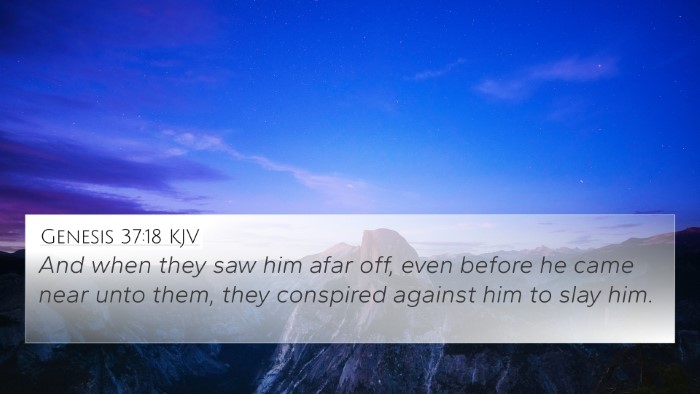Understanding Luke 20:14
In Luke 20:14, we encounter a critical moment in the parable of the wicked husbandmen, a story that highlights the rejection of God's messages and messengers throughout history. The verse reads:
"But when the husbandmen saw him, they reasoned among themselves, saying, This is the heir: come, let us kill him, that the inheritance may be ours."
Summary of the Verse
This statement captures the essence of human greed and rebellion. The husbandmen (or vine-dressers) represent the religious leaders of Israel, and the heir symbolizes Jesus Christ. Their plotting against the heir highlights the rejection He faced from those He came to save.
Commentary Insights
Matthew Henry's Commentary
Matthew Henry emphasizes that this verse illustrates the malice and wickedness of the religious leaders' hearts. They perceive Jesus as a threat to their authority and livelihood. Henry points out that instead of recognizing Jesus as the heir, they conspire murderously, revealing how deeply entrenched their sinfulness is.
Albert Barnes' Notes
Albert Barnes offers insight into the symbolism of the vineyard. He explains that the vineyard represents Israel, entrusted to the leaders. The actions of the husbandmen represent a broader rejection of God’s prophets, culminating in their plot against Christ. Barnes highlights that their reasoning demonstrates a twisted interpretation of stewardship, revealing how they want to claim the inheritance for themselves rather than honor the rightful heir.
Adam Clarke's Commentary
Adam Clarke provides a nuanced view of the historical context, noting how the wicked husbandmen reflect the Jewish leaders who were meant to guide the people in righteousness. Clarke's detailed analysis reveals that their desire to kill the heir, thinking it would secure their legacy, ultimately leads to their downfall. He stress the tragic irony of their actions, as they attempt to seize what is not rightfully theirs.
Key Themes and Lessons
- Rejection of God's Authority: The verse indicates mankind's propensity to reject divine authority and pursue their selfish ambitions.
- Greed and Malice: The relationship between greed and malice is underscored, showing how one leads to the other.
- Divine Judgment: The actions of the husbandmen foreshadow their eventual judgment and downfall, an important theme throughout the Gospels.
Bible Cross-References
The following verses relate closely to Luke 20:14, providing additional context and insights:
- Matthew 21:38: "But when the husbandmen saw the son, they said among themselves, This is the heir; come, let us kill him, and let us seize on his inheritance."
- Isaiah 5:1-2: A parable of the vineyard representing God’s care and Israel’s rebellion.
- Mark 12:6: Similar account emphasizes the actions of the husbandmen against the son.
- Luke 13:34: The lament of Jesus over Jerusalem's rejection of the prophets.
- John 10:12-13: Discussion of the Good Shepherd and those who are hirelings.
- Acts 4:27-28: The early church recognizes Herod and Pilate’s actions as fulfilling God's plans despite their wickedness.
- Hebrews 11:6: Faith without works, emphasizing the importance of recognizing God’s heirs.
Connecting Themes and Cross-Referencing
The themes present in Luke 20:14 echo throughout both the Old and New Testaments. The rejection of God's messengers is a recurring motif, illustrated vividly in these cross-references. The willingness of the husbandmen to kill the heir can be seen as part of a larger narrative regarding the fate of God’s prophets and ultimately Jesus Himself.
Understanding the connections between these verses enhances our grasp of the scriptural narrative. It is through careful comparative Bible verse analysis that we can more fully appreciate the depth of scripture.
Tools for Bible Cross-Referencing
For those interested in digging deeper into the connections between different Bible verses, various tools can assist in this pursuit:
- Bible Concordance: A comprehensive listing of themes and words for locating specific verses.
- Bible Cross-Reference Guide: Specific guides that outline verses that reference or relate to each other.
- Bible Reference Resources: Various study tools, including online databases and publications.
Final Reflection
Luke 20:14 serves as a powerful reminder of the stakes involved in spiritual leadership and the importance of recognizing God’s authority through His son, Jesus Christ. By engaging with the scripture and utilizing cross-referencing techniques, we equip ourselves to better understand and respond to the enduring messages in the Bible.
